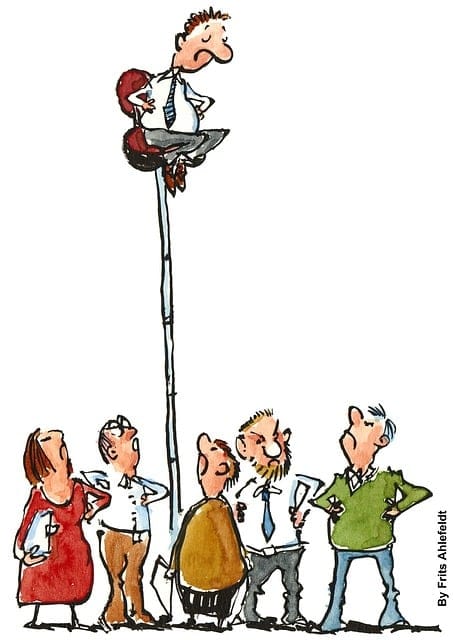Does the Bible ever mention class systems?
Proverbs 14:31 states, "Whoever oppresses a poor man insults his Maker, but he who is generous to the needy honors him." This verse highlights the importance of showing compassion and empathy towards those who may find themselves on the lower rungs of the societal ladder.
Class systems have been a prevalent societal structure throughout history, with hierarchies based on wealth, status, and power. In this blog post, we will delve into whether the Bible addresses the concept of class systems and how it conveys messages of equality and justice.
Equality and Justice in the Eyes of God
In the Bible, there are numerous passages that emphasize the equal worth and dignity of all individuals in the eyes of God. Galatians 3:28 states, "There is neither Jew nor Greek, there is neither slave nor free, there is no male and female, for you are all one in Christ Jesus." This verse underscores the idea that in the spiritual realm, social distinctions such as class systems hold no weight.

The Call for Compassion and Care for the Needy
Throughout the Bible, there are also clear messages about caring for the marginalized and vulnerable in society. Proverbs 14:31 states, "Whoever oppresses a poor man insults his Maker, but he who is generous to the needy honors him." This verse highlights the importance of showing compassion and empathy towards those who may find themselves on the lower rungs of the societal ladder.
"Just as a body, though one, has many parts, but all its many parts forms one body, so it is with Christ. For we were all baptized by one Spirit so as to form one body—whether Jews or Gentiles, slave or free—and we were all given the one Spirit to drink. Even so the body is not made up of one part but of many." - 1 Corinthians 12:12-14
Condemnation of Oppression and Injustice
The Bible also contains strong condemnations of oppression, exploitation, and injustice. Isaiah 10:1-2 warns, "Woe to those who decree iniquitous decrees, and the writers who keep writing oppression, to turn aside the needy from justice and to rob the poor of my people of their right." These verses underscore God's disapproval of systems that perpetuate inequality and discrimination.
Jesus' Message of Humility and Servanthood
In the teachings of Jesus, humility and servanthood are emphasized as virtues to be embraced. In Matthew 20:26-28, Jesus says, "But whoever would be great among you must be your servant, and whoever would be first among you must be your slave, even as the Son of Man came not to be served but to serve, and to give his life as a ransom for many." This passage challenges traditional notions of hierarchy and power, calling for a reversal of societal norms.
"Rich and poor have this in common: The LORD is the Maker of them all." - Proverbs 22:2
The Ultimate Hope for a Just Society
While the Bible does not explicitly outline a blueprint for a classless society, its overarching message of justice, compassion, and equality lays the foundation for a society where all individuals are valued and treated with dignity. The concept of the Kingdom of God, where peace and righteousness reign, offers a vision of a society free from class divisions and oppression.
Conclusion: A Call to Uphold Justice and Equality
As believers, we are called to uphold these values and work towards building a world where all individuals are valued and respected, regardless of their social status.